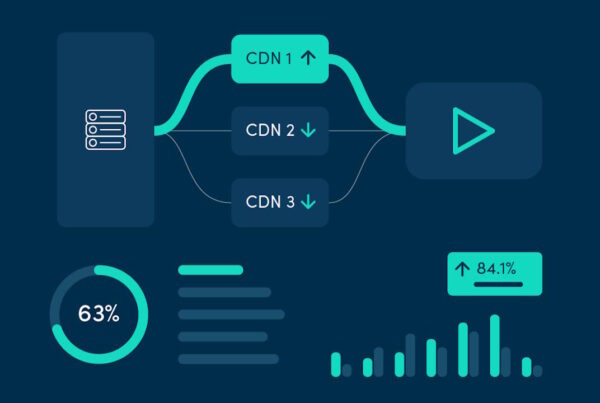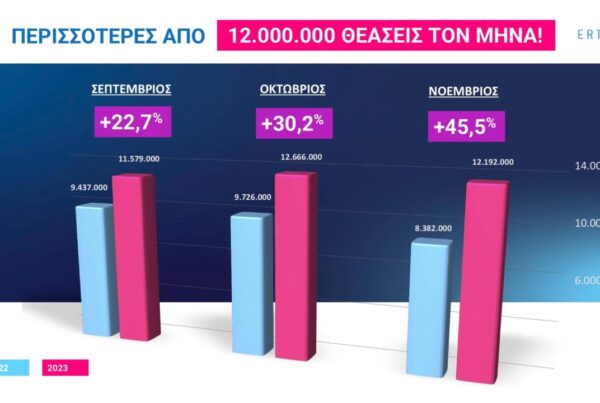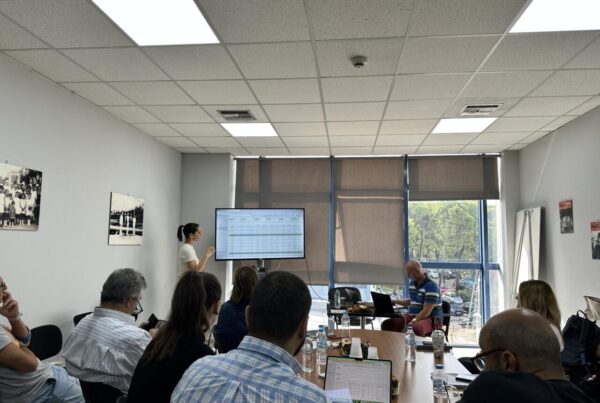Hybrid TV – and especially HbbTV- Services are on air in various countries around Europe. A rising proportion of large-screen TV sets are actually connected to the internet.
As it was mentioned in EBU’s Broadthinking 2015 event in Geneva on March 18 the critical mass of connected TV sets exists. HbbTV has become the hybrid TV system of choice in Germany, France, Spain and the Netherlands. Hybrid TV with services coming on air in Poland, Czech Republic, Switzerland, and Turkey. Greece is coming next as NERIT (the national broadcaster) is scheduling a product launch on September 2015.
In the analogue era, teletext services were seen as a crucial revenue stream in some markets and essential in most. Transferring this to the digital era was seen as a good opportunity. But as technologies have emerged since the 70s TV channels had to compete with online media. One of the most successful application of their online services was catch-up TV.
Along with infrastructure concerns (severe increase on internet bandwidth) there is the challenge of turning hybrid TV into a profitable enterprise. Teletext generated revenue, and one could imagine that digital informational services available on hybrid devices could do the same. Will catch-up TV be able to generate the revenues to cover its costs? This is not clear at this point and will be a particular concern for commercial broadcasters. Other services like embedded advertising can add to this and prove the technology profitable eventually.
HbbTV version 1.5 brings content encryption and possible revenues from viewers subscriptions. And the new HbbTV version 2.0 is on its way for 2016. The future for HbbTV is certainly bright as it brings new tools and key components that aid to the internet distribution of media and adaptive streaming capabilities.
HbbTV is a tool that creates a unique viewer experience, an immersion into the broadcaster and its programme. On the contrary, the Smart TV portals move the viewer from the broadcaster which is not desirable.
It is clear that broadcasters across Europe need to address the opportunity by offering Hybrid TV services to the connected TV market.




